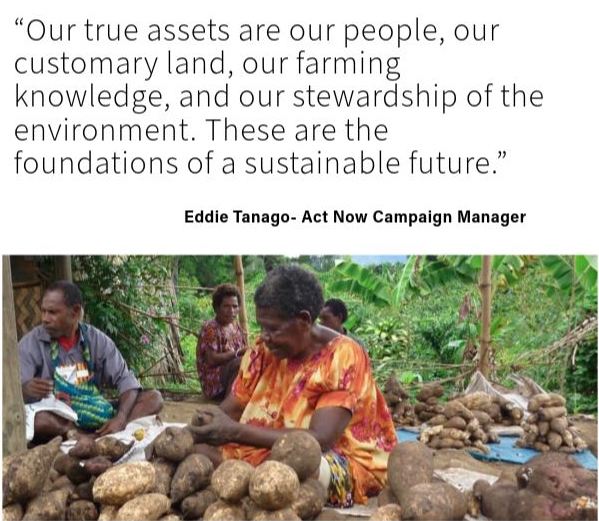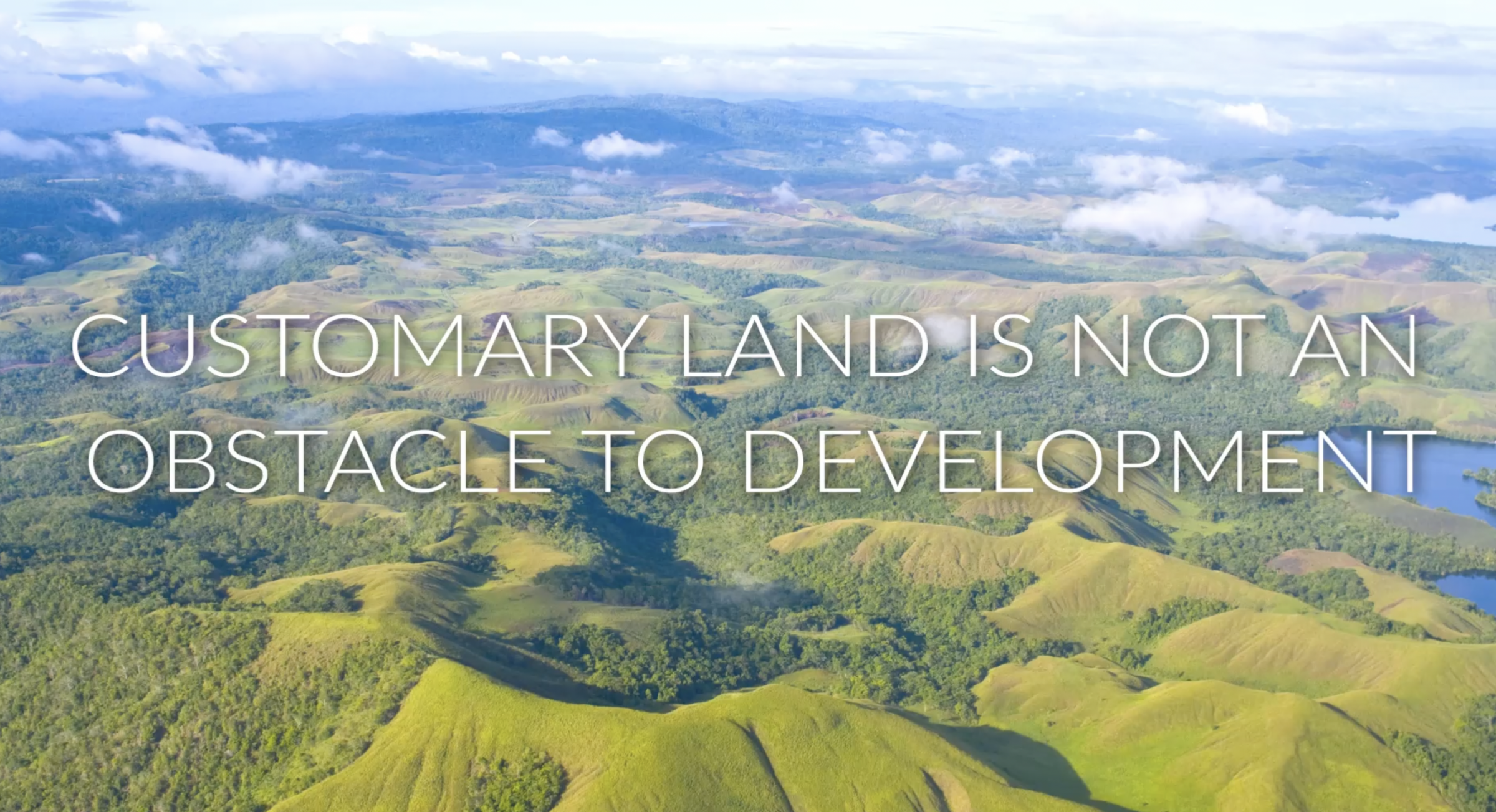
Eddie Tanago | Campaign Manager
A recent news story about communities in Morobe using their profits from cocoa farming to pay for solar powered street lights for their villages is very encouraging and positive. Such initiatives drive economic independence, a sense of community and self reliance.
This is the kind of development our forefathers envisioned in the Constitution and is the eventual development path for Papua New Guinea that is captured well in the Preamble and in our Five National Goals and Directive Principles.
Our Third National Goal is National Sovereignty and Self Reliance:
“We declare our third goal to be for Papua New Guinea to be politically and economically independent, and our economy basically self-reliant”.

Unfortunately, this has not been the development path that successive governments have followed since PNG’s independence. The country has gone in the opposite direction and against the wishes and spirit of our Constitution because of bad political decisions and corruption.
As a result, our country is now dependent on foreign aid, foreign owned corporations and large scale resource extraction which destroys communities and our natural environment.
Through aid and exaggerated promises, outsiders influence our political decisions and legislation and create reforms that benefit their interests, thus killing our independence and allowing corruption to flourish.
Corruption is one of the biggest hindrance to basic service delivery to local communities as shown clearly in the misuse and abuse of district service improvement program funds blocking service delivery.
While foreign owned corporations have been welcomed in to extract our resources with the false promise that exports will drive more revenue into the economy, the impact has been that we have developed a dependent mindset and become lazy. It has made us look to outsiders to provide for all our development needs. This has disempowered the majority of the rural population.
We have failed to realised that foreign owned multinational corporations are only here to make profit, not provide services. In the course of doing business, they take away all our customary lands, rip out our forests, pollute our rivers and streams and seas. They displace us internally, create more social issues and breach our human and cultural rights and leave us with many eternal social and environmental scars to show our future generation.
The profits from their destructions are kept offshore in tax havens while bones are thrown at us to fight over. So sad. We have seen this happen over and over again in the last 50 years, yet our decision makers and politicians never learn and repeat the same development dependency narrative expecting different results.
No doubt, the proposed Freda River Mine, Wafi/ Golpu and Papua LNG will be the same. We will only be spectators while the foreign owned shareholders of these destructive developments will be cashing in at the expense of our dependence and miseries.
What can be done now? The answers are right before our eyes. There are numerous examples that shows the potential of our customary land when it is still in the custody of local people without having it given away to foreigners. The successful cocoa stories from East Sepik, Buka and Nasuapin Village in Morobe Province tell a lot about the potential our land has for us. A recent ANZ report has also highlighted how local agriculture especially cocoa and coffee can boost our economy and empower rural people to deliver meaningful change.
Remember, when Papua New Guineans are in charge of the development, monies are kept in the country, we decide our future and become economically independent, but we need a government that supports our local and small business economy to thrive by providing extension services, infrastructure and access to the market.

If East Sepik Province can generate K1 billion per year using cocoa, imagine the potential the whole country has when our people are empowered and people are put at the centre of development.
Time to rethink the next 50!
